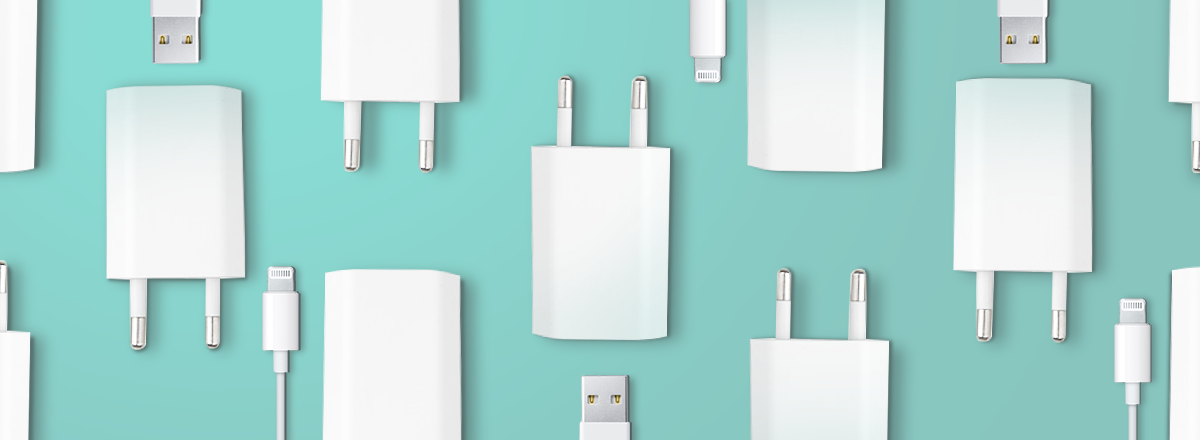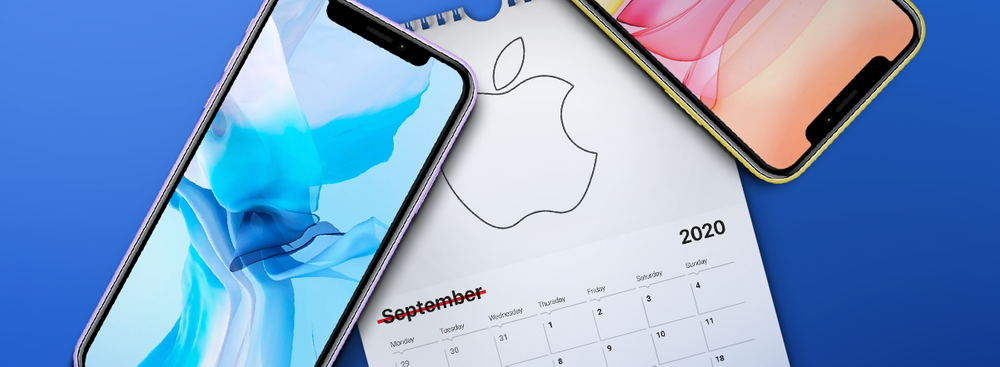In its quarterly reports, Apple has confirmed that the next-generation iPhone will ship a few weeks later. Sales will begin not at the end of September, as usual, but in October.
"Last year we started selling new iPhones in late September, this year we expect supply to be available a few weeks later," said Apple CFO Luca Maestri.
Maestri did not specify the reason for the shift in the schedule, but rumors about the postponement of new iPhone models' sales start have been discussed for several months.
Back in April, it was reported that Apple would begin mass production of the new iPhone 12 about a month later than initially planned. Then in June, the head of Broadcom confirmed that the iPhone 12 would be delayed until October.

A few days ago, Qualcomm, adjusting the profit forecast, also confirmed the later start of the iPhone 12 sales. At the same time, it is believed that the iPhone's presentation will take place in September, as usual. But this year, it will most likely be conducted in an online format due to the coronavirus quarantine.
It isn't Apple's first late launch. The iPhone X was introduced alongside the iPhone 8 in September 2017, but didn't go on sale until November due to manufacturing difficulties. Then the iPhone XR, which debuted in September 2018, was delayed until November due to problems with the production of LCD screens.
According to leaks, this year’s iPhone 12 lineup will be represented by four models: the base iPhone 12 and iPhone 12 Plus will come to replace the iPhone XR and iPhone 11. These models will receive dual main cameras and screens with a diagonal of 5.4 and 6.1 inches, respectively.
The older iPhone 12 Pro and iPhone 12 Pro Max, 11 Pro and 11 Pro Max’s analogs, will boast a triple camera with lidar and larger displays of 6.1 and 6.7 inches.
Data from certification organizations indicate that in the new iPhone 12, Apple is using batteries with a lower capacity than last year's iPhone 11 models.














